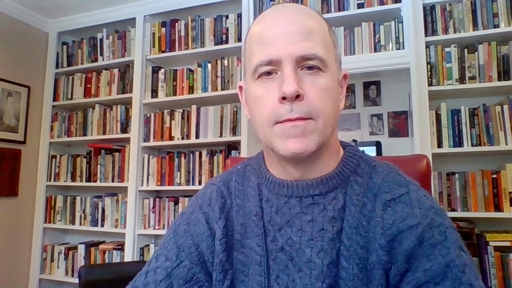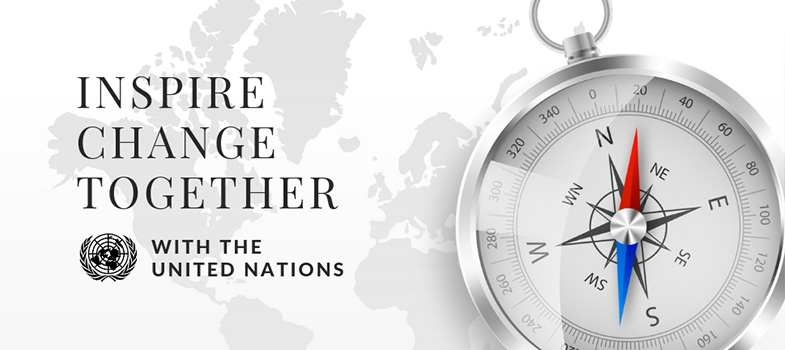Unit 3: The challenge of transfer
Welcome to unit 3. Watch this video where James Lang explains the challenge of transfer.

Transcript
Transfer of knowledge
An important goal of all education is transfer of knowledge: the ability of the learners to take what they have learned in one context and apply it to a new context. In the area of anti-corruption, integrity and ethics, you want your students to take what they have learned in the Modules and apply it to ethical situations they encounter outside of the classroom: on campus, at home, in their careers, in their communities, and beyond.
When teaching a class based on E4J Ethics Module 4 (Ethical Leadership), for example, one might expect that students will take what has been learned in that lesson and use them when they find themselves in leadership positions - but they might be months or years away from assuming leadership roles in a professional environment or in their communities.
Connecting knowledge to different contexts
Research on learning shows that transfer is very difficult to achieve. People tend to learn new skills and ideas within specific contexts and then associate those skills and ideas with the context in which they learned them. The best way of helping students transfer knowledge outside of the classroom contexts in which they first encounter it is to help connect that knowledge to contexts that students encounter in their everyday lives (Ambrose, 2010).
As much as possible, you should always work to provide real-world examples of the ideas and principles that you are teaching, and - even better - invite students to identify and explain their own examples of those ideas and principles.
